The content of the article
Water is the source of life, no matter how pathetic it may sound. Without it, life on earth simply cannot exist. This is an axiom that does not require any proof at all. It is well known that with considerable physical exertion an insurmountable feeling of thirst arises. A person after sports just wants to drink. The fact that food should not be consumed within two hours before and after class is known for a long time. This will tell any coach. But what about water? Is it possible to drink it in sufficiently large quantities after serious exercise has taken place?
This question is so worried about the scientific minds and specialists in sports medicine that the discussions have not subsided to the present. Opinions are diametrically opposed. Some say there’s nothing wrong with thatothers parry the categorical prohibition. Their arguments are reduced to the fact that the heart can not withstand such enormous loads. Supporters of the use of liquid argue that it is extremely important to replenish the water balance.
There is no unambiguous opinion on this subject, and one should thoroughly understand this issue, weighing and analyzing in detail all the pros and cons associated with this circumstance.
Restoration of water balance after the completion of exercises
First of all, you need to decide on whether the body needs to be replenished after intense physical exertion. It has been established that during a two-hour workout the body is able to lose approximately three liters of fluid. A certain imprint on this imposes and insulated suit in which classes are held. In parallel with the exercises, some subjects receive medications that have a pronounced diuretic effect. In this case, the loss of body fluid can be even more significant. In some cases, it can even reach a critical point.
Should noticethat such deprivation of fluid by the body is carried out on an entirely voluntary basis. This circumstance may adversely affect the state of the organism as a whole. With intense physical exertion in the body, a number of physiological changes occur:
- There is an increase in body temperature.
- Hyperhidrosis becomes pronounced.
- Observed certain changes in the processes of thermoregulation.
As a result, there may be a condition in which significantly increase the viscosity of the blood. This will certainly lead to the potential for fainting, hypotension and thromboembolic complications. In addition, this situation may contribute to the formation of stones in the kidneys, the emergence of other pathological phenomena.
The conclusion is that the water after intense physical exertion is necessary to drink without fail in order to restore the water balance. The question is only the amount of water consumed.
How much water can be consumed?
A single dose of liquid should not exceed 150-200 ml. The simultaneous use of large amounts of water will create an additional load on the heart muscle. The fluid dilutes the blood, decreases its viscosity, and, therefore, increases the work of the heart due to changes in the rheological parameters of the blood.
The interval for taking small portions of water is a quarter of an hour. Drink water until the water balance is fully restored. It happens that the thirst after class is not strong. This is especially observed in cool weather. Despite this, it is still necessary to drink. Water losses must be fully compensated. It is known that water under loads is lost approximately in the same quantities and does not depend on weather conditions.
What water is preferable?
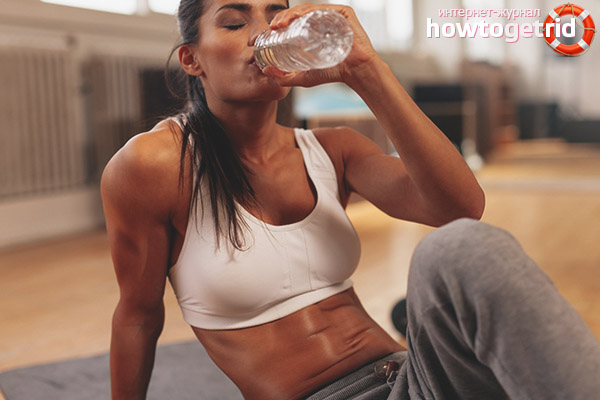
The use of sweet sparkling water will not lead to the complete quenching of thirst. Such a product cannot achieve the desired effect. In addition, from sweet carbonated drinks to the body more harm than good. Mineral water will be the most ideal way to fill the required amount of liquid. Even better, it will be without gas. The use of small amounts of special sports drinks is allowed. In addition to the necessary body fluids, they contain a sufficient amount of electrolytes.
Of course, in no case can not carry out the use of cold water. This prohibition is based on scientific justification. Drinking ice water can cause a reflex spasm of the heart vessels. We must not forget that the stomach is very close to the main "motor" of our body.
The heart muscle under drinking cold water is under tremendous stress. Such water is allowed to use no earlier than two hours after considerable physical exertion.
The result of this can be the statement that water after physical exercise should be used without fail.Some opponents question this statement, but this is caused only by the negative consequences associated with the simultaneous use of large amounts of water.
A rational approach to this issue will not bring harm. On the contrary, the benefit will be what is called a wagon and a small truck. Pure water, which has room temperature in small volumes, will only be of great benefit. There will be no harm from this, but it is quite possible to achieve a rational replenishment of the fluid lost during the classes.
The ban on drinking water after exercise is nothing more than a myth. This statement came from those who intensively engaged in shaping. They believed that for effective weight loss it is necessary to remove excess water from the body. I wonder where they got it from? It’s no secret that the human body is 80% water. All biochemical reactions occurring in a complex biological system, go only in dissolved form.Where does the water come from in the body? On the contrary, it is necessary for him just as air.
It’s another thing if water is used excessively, in quantities that the body simply does not need. Everything should be a reasonable approach, including the use of water.
Video: Is it possible to drink water during training?



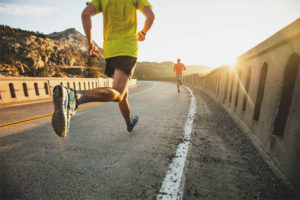
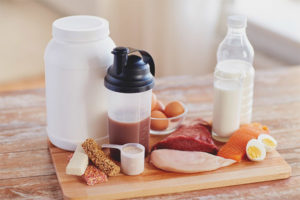

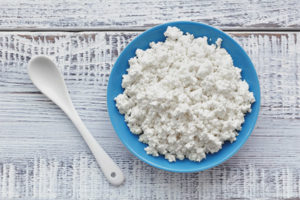
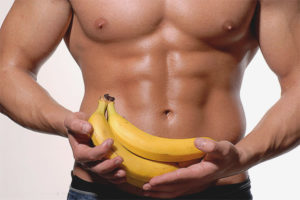
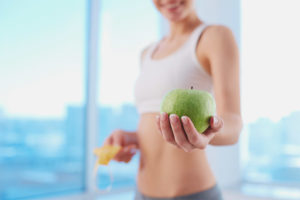
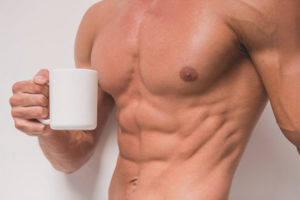
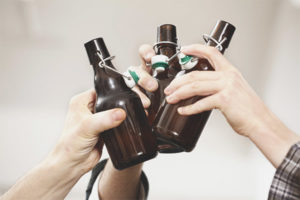
To send